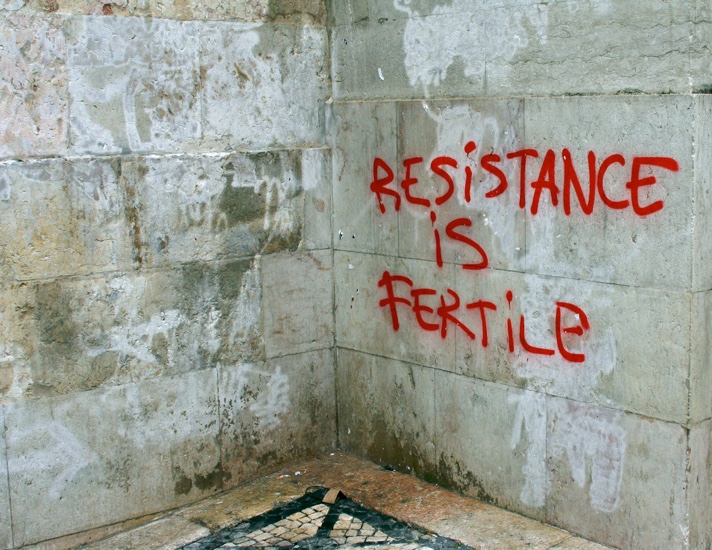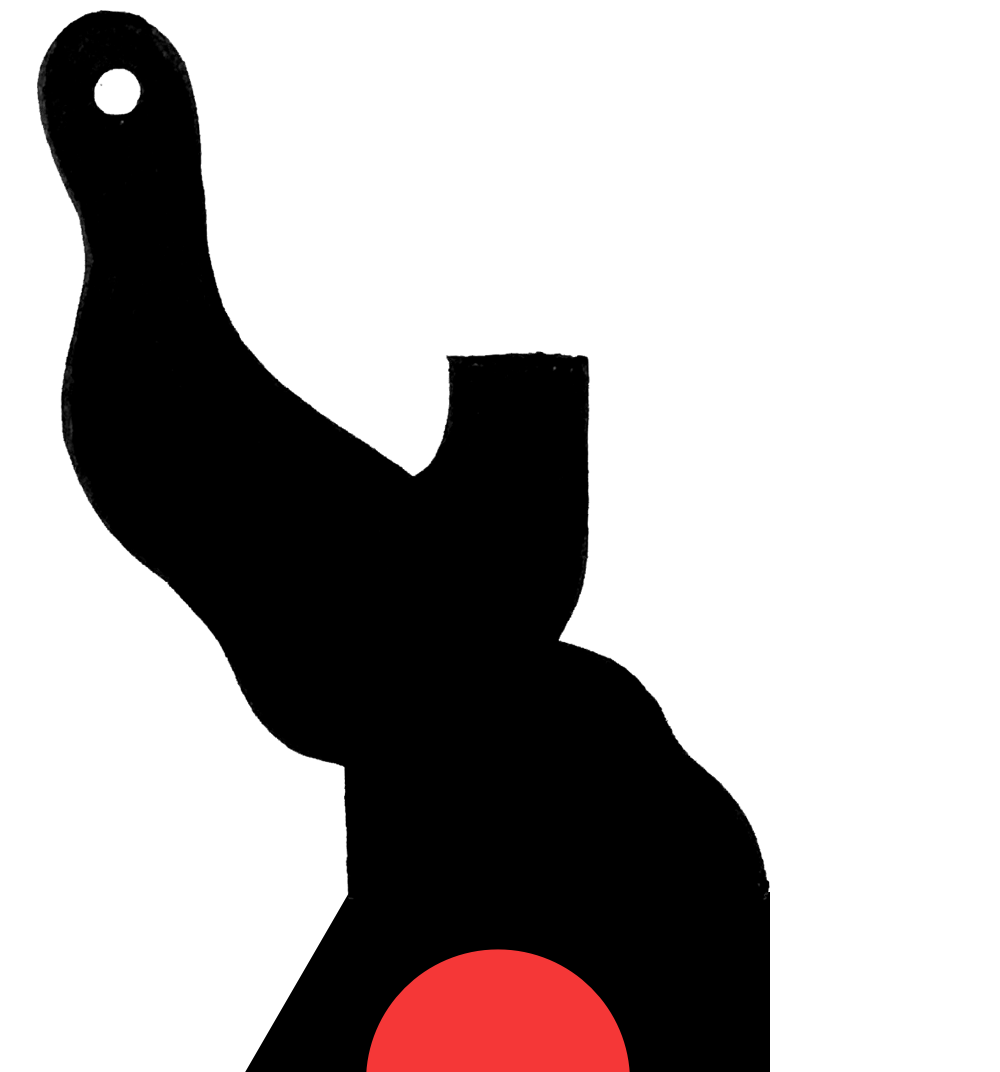ReproSist is a digital platform for organisers, academics, writers, artists and/or activists who take the realm of social and biological reproduction as a site of analysis, action, imagination, intervention, reflection and resistance.
Global Fertility Chains
Global Fertility Chains is a collaborative research project initiated by Siggie Vertommen that analyses the political economy of the (assisted) reproductive practices, policies, markets and infrastructures through a network or chain-based approach.
Read more






